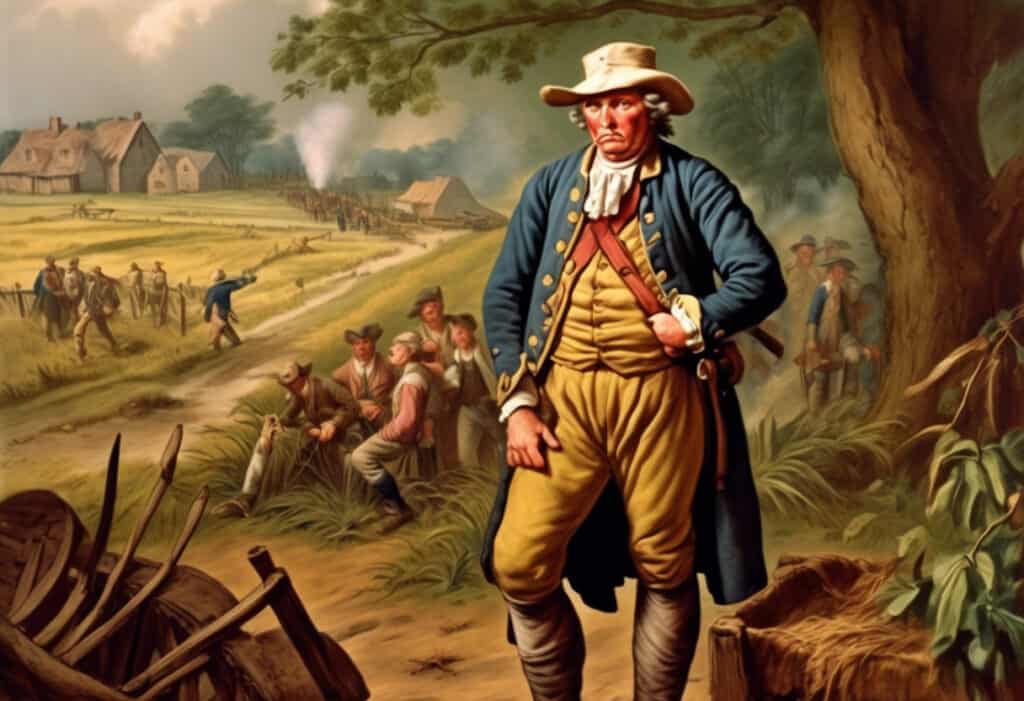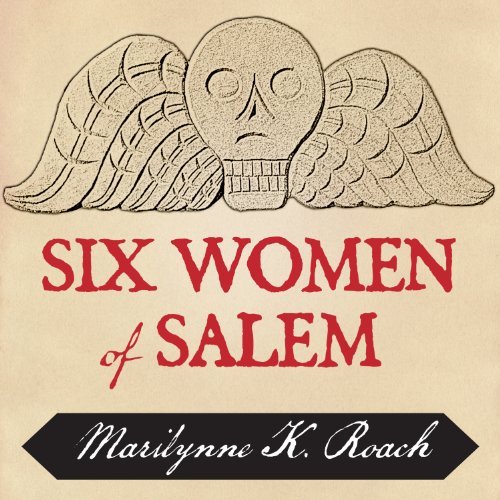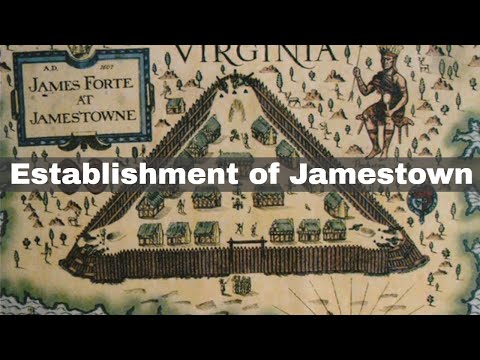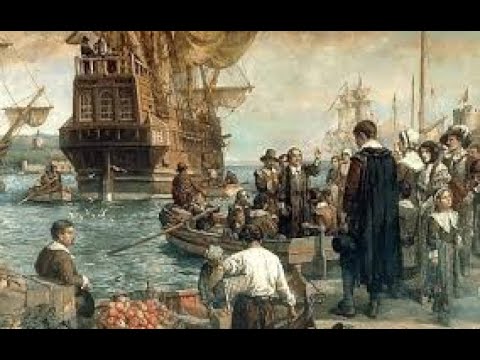Introduction to Colonial America
Colonial America refers to the period when European nations established colonies in what is now the United States. This era began in the early 17th century and lasted until the late 18th century. The colonies were mainly established by England, France, Spain, and the Netherlands. The colonies played a crucial role in shaping the development of the United States as we know it today.
During this time, the colonies were governed by European powers and were subject to their laws and regulations. The colonists faced challenges such as conflicts with Native American tribes, economic hardships, and political tensions with the mother countries. Despite these challenges, the colonies grew and prospered, laying the foundation for the birth of a new nation.
Summary List
- Colonial America was made up of 13 British colonies along the eastern coast of North America.
- The colonies were established by the British in the 17th and 18th centuries for economic and political reasons.
- The colonies were governed by British officials and subject to British laws and taxes.
- Colonial America played a key role in the American Revolution, which led to the colonies gaining independence from Britain in 1776.
- The legacy of Colonial America can still be seen in the cultural, political, and economic foundations of the United States today.
Games and Apps
Learning Modules for Colonial America
Arrival of the Jamestown Settlers (1607)
In 1607, the Jamestown settlers arrived in the New World, seeking a fresh start and new opportunities. Facing harsh conditions and conflicts with Native Americans, they struggled to establish the first permanent English settlement in America. Their arrival marked the beginning of a new chapter in American history.
I Want To Learn This!Creation of the House of Burgesses (1619)
In 1619, the Creation of the House of Burgesses marked a significant milestone in American history as the first representative assembly in the New World. Established in Virginia, this legislative body paved the way for democratic governance and the principles of self-government that would shape the future of the United States.
I Want To Learn This!Establishment of the Plymouth Colony (1620)
In 1620, a group of English Pilgrims seeking religious freedom established the Plymouth Colony in present-day Massachusetts. Facing harsh conditions and unfamiliar surroundings, they relied on the guidance of Native Americans to survive. This historic settlement laid the foundation for the future United States of America.
I Want To Learn This!Founding of the Massachusetts Bay Colony (1630)
In 1630, Puritan settlers led by John Winthrop established the Massachusetts Bay Colony as a haven for religious freedom. The colony quickly became a center of trade, government, and education in New England. Their strict religious beliefs shaped the colony's laws and culture, leaving a lasting impact on American history.
I Want To Learn This!Introduction of Indentured Servitude (1600s)
In the 1600s, the introduction of indentured servitude marked a significant shift in the labor system in America. Desperate individuals would agree to work for a set period of time in exchange for passage to the New World. This system laid the foundation for the plantation economy and the exploitation of labor.
I Want To Learn This!Establishment of Maryland as a Catholic Haven (1634)
In 1634, Maryland was established as a haven for Catholics fleeing religious persecution in England. Led by Lord Baltimore, the colony was founded on principles of religious tolerance and freedom. This historic event marked a significant milestone in the history of religious freedom in America.
I Want To Learn This!Formation of the New England Confederation (1643)
In 1643, a groundbreaking alliance was formed between the colonies of Massachusetts Bay, Plymouth, Connecticut, and New Haven. The New England Confederation was established to provide mutual defense and support in the face of threats from Native American tribes and European powers. This union laid the foundation for future cooperation among the colonies.
I Want To Learn This!The Navigation Acts and Colonial Trade (1651)
The Navigation Acts of 1651 were a series of laws passed by the English Parliament to regulate trade in the American colonies. These Acts were designed to increase British control over colonial trade and limit competition from other countries. The Navigation Acts had a significant impact on the economic development of the American colonies and played a key role in shaping the relationship between the colonies and Great Britain.
I Want To Learn This!Witch Trials in Salem (1692)
In 1692, the small town of Salem, Massachusetts was gripped by fear and hysteria as accusations of witchcraft tore the community apart. The Salem Witch Trials resulted in the execution of 20 people, leaving a dark stain on American history and sparking debates about justice, superstition, and mass hysteria.
I Want To Learn This!Growth of the Triangular Trade (1600s-1700s)
The Triangular Trade, a system of trade between Europe, Africa, and the Americas, flourished in the 17th and 18th centuries. This complex network of commerce involved the exchange of goods, slaves, and resources, shaping the economies and societies of all three continents involved. Explore the growth and impact of this historical trade route.
I Want To Learn This!Introduction of African Slavery (1619)
In 1619, the introduction of African slavery to the English colonies marked a dark chapter in American history. The arrival of enslaved Africans laid the foundation for centuries of systemic oppression and exploitation. This pivotal moment forever changed the social, economic, and cultural landscape of the New World.
I Want To Learn This!Bacon’s Rebellion (1676)
Bacon's Rebellion of 1676 was a pivotal moment in early American history, marking a violent uprising against colonial authorities led by Nathaniel Bacon. This rebellion highlighted the tensions between settlers and Native Americans, as well as the growing divide between the wealthy elite and the lower classes in the Virginia colony.
I Want To Learn This!The Great Awakening (1730s-1740s)
The Great Awakening was a religious revival that swept through the American colonies in the 1730s and 1740s. Led by charismatic preachers like Jonathan Edwards and George Whitefield, it emphasized personal salvation, emotional worship, and a rejection of formal religious institutions. This movement had a profound impact on American society and laid the groundwork for the American Revolution.
I Want To Learn This!The French and Indian War (1754-1763)
The French and Indian War was a pivotal conflict between the British and French empires, fought in North America from 1754 to 1763. It was a key factor in shaping future colonial relations and ultimately led to the American Revolution. Explore the complexities and consequences of this significant chapter in history.
I Want To Learn This!The Proclamation of 1763 and Colonial Discontent (1763)
The Proclamation of 1763 prohibited American colonists from settling west of the Appalachian Mountains, angering many who sought land and opportunities in the frontier. This restriction, along with other British policies, fueled colonial discontent and laid the groundwork for the growing tensions that would lead to the American Revolution.
I Want To Learn This!The Stamp Act and Colonial Resistance (1765)
In 1765, the British Parliament passed The Stamp Act, requiring all legal documents, newspapers, and other printed materials in the American colonies to bear a stamp purchased from the government. This sparked widespread colonial resistance, with protests and boycotts ultimately leading to its repeal in 1766.
I Want To Learn This!The Boston Massacre (1770)
The Boston Massacre, a pivotal event in American history, occurred on March 5, 1770, when British soldiers fired into a crowd of colonists, killing five and sparking outrage in the colonies. This tragic event served as a catalyst for the American Revolution and fueled anti-British sentiment.
I Want To Learn This!The Boston Tea Party (1773)
In 1773, a group of American colonists disguised as Mohawk Indians boarded British ships in Boston Harbor and dumped 342 chests of tea into the water, protesting against the Tea Act and taxation without representation. This bold act of resistance became known as the iconic Boston Tea Party.
I Want To Learn This!Intolerable Acts and the First Continental Congress (1774)
In response to the Intolerable Acts imposed by the British government, the American colonies convened the First Continental Congress in 1774. Delegates gathered to discuss their grievances and strategize a unified response to the oppressive measures. This pivotal meeting set the stage for the American Revolutionary War.
I Want To Learn This!Battles of Lexington and Concord (1775)
The Battles of Lexington and Concord in 1775 marked the beginning of the American Revolutionary War. British troops clashed with colonial militia in these pivotal engagements, igniting a conflict that would ultimately lead to the birth of a new nation. The events at Lexington and Concord forever changed the course of history.
I Want To Learn This!
Learning Resources
Related Products
*This page contains affiliate links. If you purchase a product through one of them, I will receive a commission (at no additional cost to you). I only ever endorse products that I feel are truly helpful to you in your honourable quest to learn and grow.


















